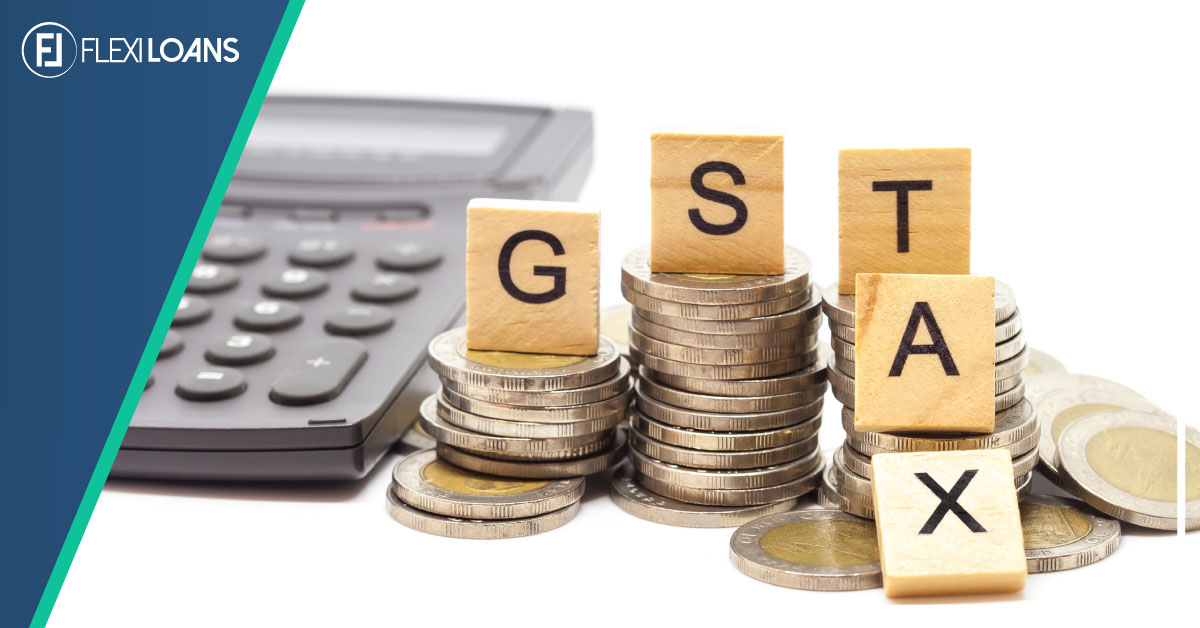Jun 29, 2017
Jun 23, 2025

GST will be implemented on 1st July’17, and it will impact different sectors differently. Some things will see a price rise while some will see a price fall. This will impact a few industries adversely while a few will be boosted. The overall impact will be positive; however, there will be some inflationary pressure in the beginning phases of GST.
(Each sector has a sign next to it to indicate positive impact and negative impact)
- THE AUTOMOBILE SECTOR:
Cars will become cheaper! At present, the taxes on cars are from 26.50%-44%, but the GST rates are likely to be between 18%-28%. This means the tax burden on end user will reduce and cars will become cheaper. However, there is no clarity on the sale of used cars. For all the importers/dealers under GST, they would be able to claim the GST paid on goods imported/sold whereas currently, they are ineligible to claim the excise duty and VAT paid. Moreover, auto parts will become cheaper due to the efficient supply chain mechanism under GST and the manufacturers will be at an advantage. Currently, there are a lot of free services/warranties offered by car manufacturers due to the competitive nature of the industry. These free goods/services are not taxed under current tax laws. But under GST, the free services/ warranties would also be eligible for taxation.
2. THE REAL ESTATE SECTOR:
GST will boost the real estate sector. The rate to be confirmed for real estate construction projects is 12%. This is a game changer as it is proposed to subsume 16 indirect taxes levied initially on real estate. Housing will become more affordable. Overall there will be more transparency, reduced cost of construction and increased property purchases.
- THE FMCG SECTOR:
Currently, FMCG products have a general excise duty rate of 12.5 percent and a VAT at around the same level. But after GST the rate is expected to be lower than this, which means FMCG products will become cheaper and it implies a positive impact on this sector. At the same time, FMCG companies will also save on logistics costs.
- THE PHARMA SECTOR:
Apart from essential medicines, other medicines might become costlier after GST implementation from 1ST July onwards. “The effective tax rate is between 9 and 10 percent; with the rate now fixed at 12 percent (formulations or finished drugs), there will be some price inflation. Either we have to pass it on to the customer or we have to take a hit on our profits,” said a top executive from a Mumbai-based drugmaker which is a major player in domestic formulation market. Pharma companies were also disappointed as GST did not address the issue of inverted duty structure. But GST might improve operational hiccups for this industry.
- THE TEXTILE INDUSTRY:
After GST the incidence of GST on the textile industry will be more than current taxation leading to a negative impact on this sector. The CGST and SGST rates are likely to be higher than the current textile sector rate, resulting in higher revenue to the Central and State Government and Textile Prices will increase. However on the bright side Compliance cost will be improved and reduced, fiscal barriers will be removed with the movement of Textile Input and output taxes from one state to another and under GST, All Fiber will be treated in the same way.
- THE SERVICE SECTOR:
The Services sector in India growing rapidly contributing to fiscal revenues. According to news so far the standard GST rate on the service industry would be 18-20%, as compared to the current 15% service tax including cesses. This means the services viz. IT, telecom, banking, insurance, etc. may witness a negative impact due to the increased cost of services.







